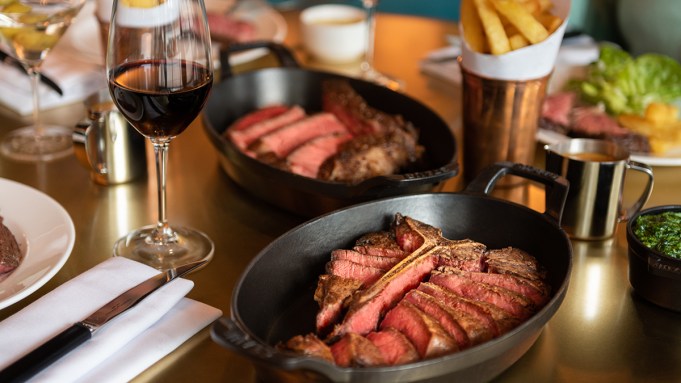Many good things happen in life, but only a few are special enough to be called a milestone and getting engaged is one of them. That is why many couples mark the occasion with carefully chosen . If you just got engaged and are currently ring shopping, here are a few things to make things a little easier.
Decide What Shape You Want
Choosing an engagement ring generally starts with this important decision. Which diamond shape or cut to choose from? While there is no wrong answer to this question, it will have many implications as you go along your ring shopping journey.
For instance, you will need a bigger budget for the round cut than you generally would with the pear or marquise. You can also get more carats from other shapes at a better price. Still, the round shape diamond has 58 facets and is the gold standard in brilliance.
These are just some of the things that you must consider even before visiting an online or retail store to buy engagement rings.
Select the Carat Size
Once you have a shape in mind, the next thing you need to decide is the size. It is crucial to get this out of the way initially because, contrary to what others might say, size matters when it comes to engagement rings.
When considering the size, it is commonly measured in half and whole carat weights. For an engagement ring, the common options are o.5, 1, and 1.5 carats. Your choice would ultimately depend on the budget that you have in mind.
One neat trick is to ask for sizes that are just a bit short of the standard sizes. For example, instead of going for the 1 carat, you could ask if they have a 0.92-carat ring. It would cost less, and no one would be able to tell its size just by looking at it.
Select a Material for the Band
The most popular metals for engagement ring bands are white gold, yellow gold, silver, or platinum. Rose gold is also emerging as a good option. Some materials scratch easier than others, and they generally cost less.
Platinum and silver look similar at first glance, but platinum is much more expensive. This is because it has a higher density and is much rarer. White and yellow gold have similar qualities except for the colour. White gold is also slightly more durable.
Choose the Setting for the Diamond
In engagement rings, the diamond is held in place by the ring’s setting. It also protects the and, if done correctly, can highlight its beauty. The most common types of settings are the prong, the bezel, and the halo.
The prong consists of four to six narrow metal supports. If they hold a single stone, the ring is called a solitaire. The prong setting has other variations like the cathedral, where the slopes from each prong extend into the band.
In the bezel setting, a thin metal strip is hammered around the gem, holding it in place. This type of setting offers much protection for the stone. You could also get creative with its design to complement the gem that holds it.
Finally, in the halo setting, the diamond is surrounded by other smaller diamonds. In this setting type, the halo of smaller diamonds can make the centre diamond look bigger.
Thanks For Reading
Related




